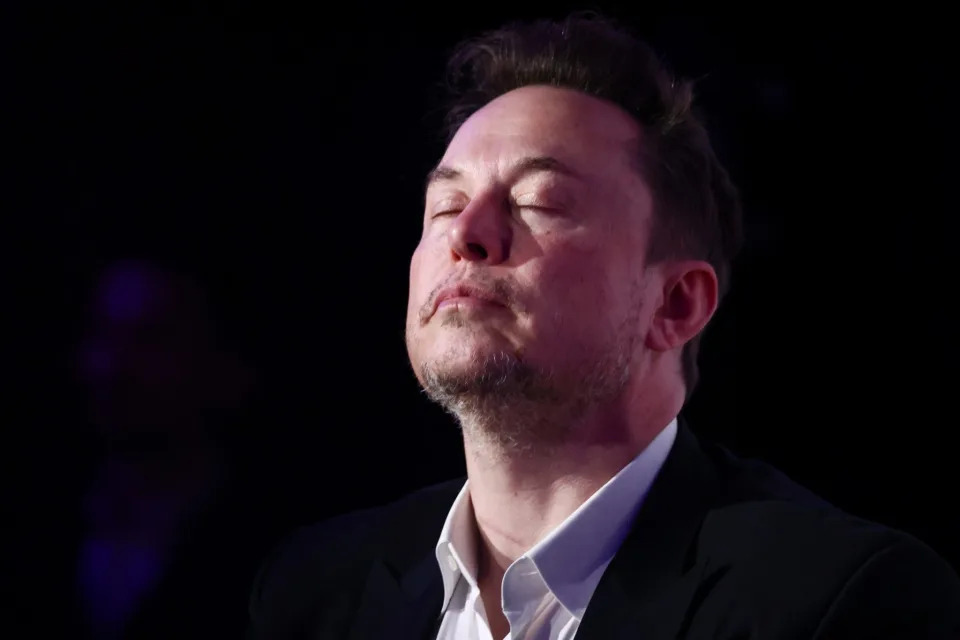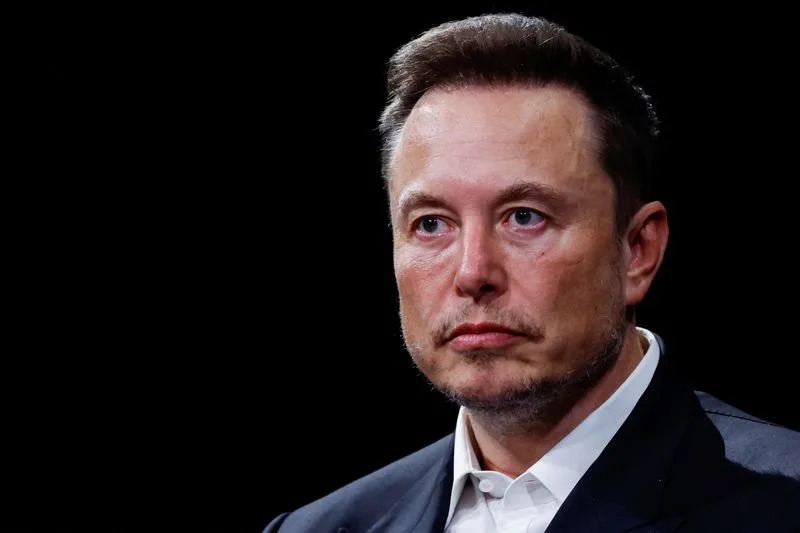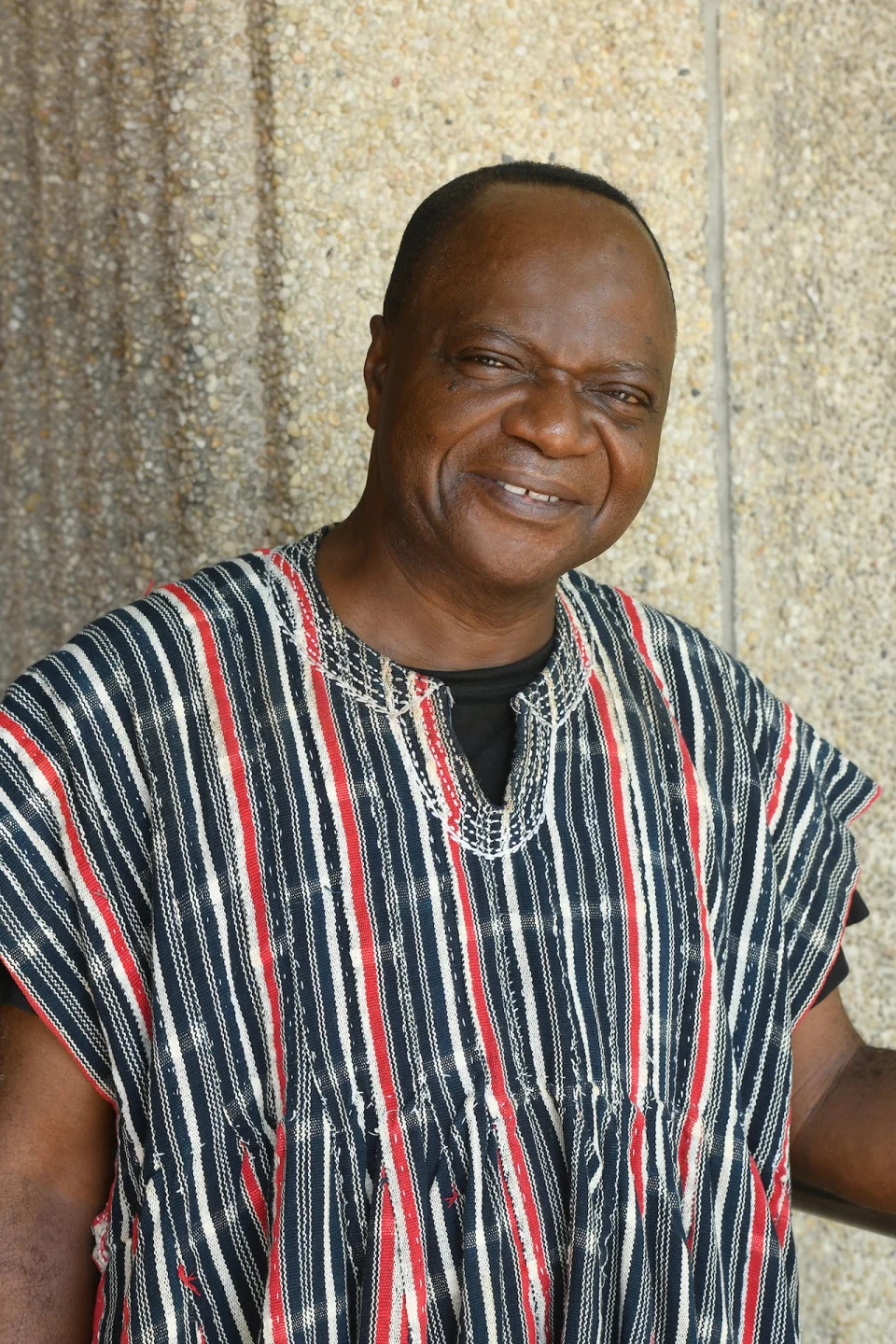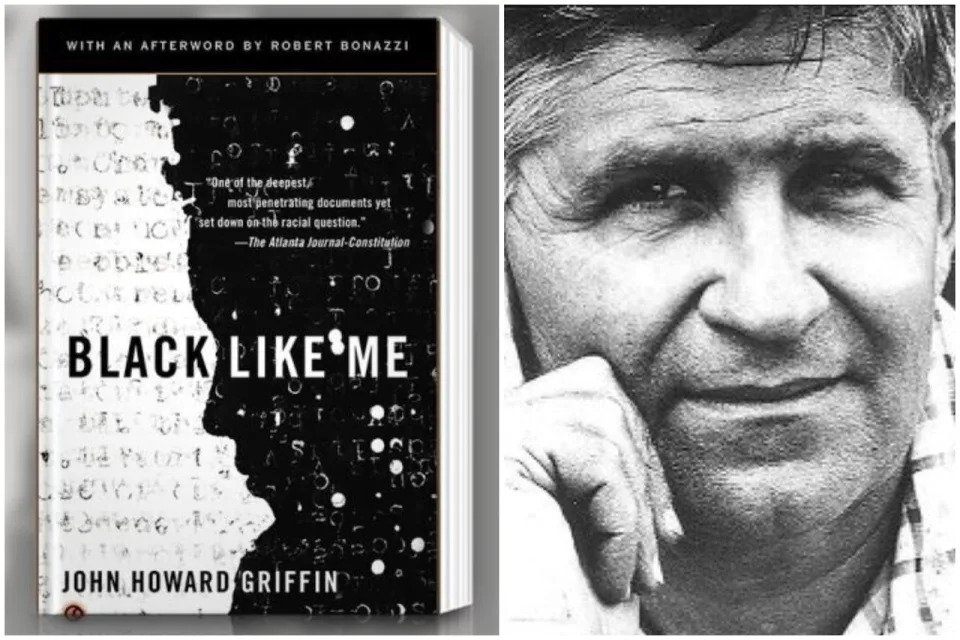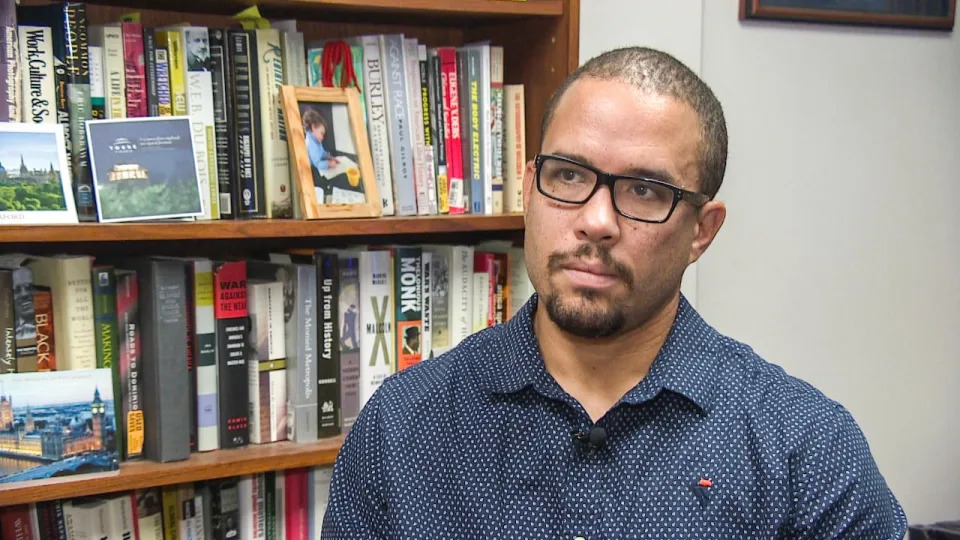"The methods of Taylorism may be applied to the work of the actor in the same way as they are to any other form of work with the aim of maximum productivity."
Vsevolod Emilevich Meyerhold, 1922
In my post on Battleship Potemkin I posted about the Kronstadt sailors revolt of 1921. At the 10th Party Congress of the Bolshevik Party Lenin declared; "Enough Opposition", and the Red Army crossed the ice and attacked the revolting sailors.
At the Tenth Congress, as the Kronstadt soviet was being crushed by arms and buried under a barrage of slander, Lenin attacked the radical-left bureaucrats who had formed a “Workers’ Opposition” faction with the following ultimatum, the logic of which Stalin would later extend to an absolute division of the world: “You can stand here with us, or against us out there with a gun in your hand, but not within some opposition. . . . We’ve had enough opposition.”
Ironically their demands were then used by Lenin to create his New Economic Program.
"Our poverty and ruin are so great that we cannot at a single stroke create full socialist production" Lenin
Lenin came before the Congress in March 1921 and proposed the NEP. The NEP was in essence a capitalist free market. The NEP stated that requisitioning of food and agricultural surpluses, a doctrine of War Communism, must be ended. Instead, the government would tax the peasants on a fixed percentage of their production. Trotsky had already proposed a similar policy, but it was rejected by his fellow colleagues, including Lenin. Basically, this promoted a free agricultural market in Russia.
The Bolshevik revolutionary takeover in October 1917 was followed by over two years of civil war in Russia between the new Communist regime (with its Red Army) and its enemies--the conservative military officers commanding the so-called White armies. The struggle saw much brutality and excesses on both sides with the peasants suffering most from extortionate demands of food supplies and recruits by both sides. The repressive and dictatorial methods of the Bolshevik government had so alienated the mass of peasants and industrial working class elements that the erstwhile most loyal supporters of the regime, the sailors at the Kronstadt naval base, rebelled in March 1921 (see ob19.doc) to the great embarrassment of senior Bolsheviks. Though the rebellion was mercilessly crushed, the regime was forced to moderate its ruthless impulses. The New Economic Policy (NEP) was the result, a small concession to the capitalist and free market instincts of peasant and petty bourgeois alike. Moreover, victory in the civil war was assured by this stage, thus allowing a relaxation of the coercive methods symbolized by the War Communism of the previous two to three years.
The New Economic Policy (NEP), introduced by Lenin at the Tenth Party Congress in March 1921, represented a major departure from the party's previous approach to running the country. During the civil war, the Soviet state had assumed responsibility for acquiring and redistributing grain and other foodstuffs from the countryside, administering both small- and large-scale industry, and a myriad of other economic activities. Subsequently dubbed (by Lenin) "War Communism," this approach actually was extended in the course of 1920, even after the defeat of the last of the Whites. Many have claimed that War Communism reflected a "great leap forward" mentality among the Bolsheviks, but desperation to overcome shortages of all kinds, and particularly food, seems a more likely motive. In any case, in the context of continuing urban depopulation, strikes by disgruntled workers, peasant unrest, and open rebellion among the soldiers and sailors stationed on Kronstadt Island, Lenin resolved to reverse direction.
Lenin's economic model was like Trotsky's transitional program. It was the creation of state capitalism to create the conditions for monopoly capitalism to occur in Russia. His socialism as he liked to call it was state capitalism with electrification, and just a dash of Taylorism.
“Communism is the Power of Soviets plus the electrification of the whole country!”
In fact Lenin was a Taylorist and recognized that modern capitalism required fordist production which is what is currently occurring in China. It's failure in the Soviet Union of the seventies and eighties, was due to its use for military production rather than for consumer goods. In other words Reagan did bankrupt the Soviet Union by creating a competition between the U.S. Military Industrial Complex and its Soviet counterpart. The result was not just the collapse of the Soviet Union, but its collapse into a basket case economy. It did not have the production models required for consumer goods required for a market economy.
In terms of its impact on world politics, Lenin's State and Revolution was probably his most important work. This was derived from the theoretical analysis contained in his earlier work, Imperialism, the Highest Stage of Capitalism (1916). Lenin's theory of imperialism demonstrated to his satisfaction that the whole administrative structure of “socialism” had been developed during the epoch of finance or monopoly capitalism. Under the impact of the First World War, so the argument ran, capitalism had been transformed into state-monopoly capitalism. On that basis, Lenin claimed, the democratisation of state-monopoly capitalism was socialism. As Lenin pointed out in The Impending Catastrophe and How to Combat It (1917):
“For socialism is merely the next step forward from state-capitalist monopoly. Or, in other words, socialism is merely state-capitalist monopoly which is made to serve the interests of the whole people and has to that extent ceased to be capitalist monopoly” (original emphasis, www.marxists.org/archive/lenin/works/1917/ichtci/11.htm).
Lenin’s perspective may be briefly expressed in the following words: The belated Russian bourgeoisie is incapable of leading its own revolution to the end! The complete victory of the revolution through the medium of the “democratic dictatorship of the proletariat and the peasantry” will purge the country of medievalism, invest the development of Russian capitalism with American tempos, strengthen the proletariat in the city and country, and open up broad possibilities for the struggle for socialism. On the other hand, the victory of the Russian revolution will provide a mighty impulse for the socialist revolution in the West, and the latter will not only shield Russia from the dangers of [feudal-monarchical] restoration but also permit the Russian proletariat to reach the conquest of power in a comparatively short historical interval.
Lenin unambiguously endorsed the view that the proletariat should use markets to prepare underdeveloped countries for socialism. It is common knowledge that his New Economic Policy used market mechanisms to stimulate economic recovery after the devastation of the Russian Civil War, but some do not realize that Lenin saw markets as more than just an expedient. He actually viewed market mechanisms as necessary for moving underdeveloped countries toward socialism. Lenin recognized that the economies of underdeveloped, agrarian countries in transition to socialism combine subsistence farming, small commodity production, private capitalism, state capitalism, and socialism, with small commodity production in the dominant role (1965, 330–31). These societies contain many more peasants than proletarians, and because peasants favor the petty-bourgeois mode of production, they tend to side with the bourgeoisie against the proletariat. It is tempting to argue that this situation calls for an immediate transition to socialism, in order to force the peasantry to cooperate with the proletariat in defeating the bourgeoisie. But Lenin did not believe this. He argued that the attempt to push agrarian countries directly into socialism, that is, to eliminate markets before the build up of the productive forces had converted peasant agriculture and small commodity production into modern, large-scale industries, was a mistake that would actually hamper economic development and thwart socialist construction. The solution he proposed was for the proletarian state to use capitalism, i.e., commodity production, free markets, and concessions with foreign capitalists, to promote the growth of the productive forces, and to eliminate the conflict of interest between peasants and industrial workers by converting agriculture into a large-scale industry and the peasants into proletarians (1965, 330–33, 341–47).
The starting point must be Lenin's conception of 'socialism': When a big enterprise assumes gigantic proportions, and, on the basis of an exact computation of mass data, organises according to plan the supply of raw materials to the extent of two-thirds, or three fourths, of all that is necessary for tens of millions of people; when raw materials are transported in a systematic and organised manner to the most suitable places of production, sometimes situated hundreds of thousands of miles from each other; when a single centre directs all the consecutive stages of processing the materials right up to the manufacture of numerous varieties of finished articles; when the products are distributed according to a single plan among tens of millions of customers.
....then it becomes evident that we have socialisation of production, and not mere 'interlocking'; that private economic and private property relations constitute a shell which no longer fits its contents, a shell which must inevitably decay if its removal is artificially delayed, a shell which may remain in a state of decay for a fairly long period ...but which will inevitably be removed Lenin, Collected Works, Vol.22, page 303.
SOCIALISM?
This is an important passage of Lenin's. What he is describing here is the economic set-up which he thought typical of both advanced monopoly capitalism and socialism. Socialism was, for Lenin, planned capitalism with the private ownership removed.
Capitalism has created an accounting apparatus in the shape of the banks, syndicates, postal service, consumers' societies, and office employees unions. Without the big banks socialism would be impossible.
The big banks are the state apparatus which we need to bring about socialism, and which we take ready made from capitalism; our task is merely to lop off what characteristically mutilates this excellent apparatus, to make it even bigger, even more democratic, even more comprehensive. Quantity will be transformed into quality.
A single state bank, the biggest of the big, with branches in every rural district, in every factory, will constitute as much as nine-tenths of the socialist apparatus. This will be country-wide book-keeping, country-wide accounting of the production and distribution of goods, this will be, so to speak, something in the nature of the skeleton of socialist society. Lenin, Ibid, Vol.26 page 106.
HEY PRESTO!
This passage contains some amazing statements. The banks have become nine-tenths of the socialist apparatus. All we need to do is unify them, make this single bank bigger, and Hey Presto, you now have your basic socialist apparatus.
Quantity is to be transformed into quality. In other words, as the bank gets bigger and more powerful it changes from an instrument of oppression into one of liberation. We are further told that the bank will be made even more democratic. Not made democratic as we might expect but made more so. This means that the banks, as they exist under capitalism, are in some way democratic. No doubt this is something that workers in Bank of Ireland and AIB have been unaware of.
For Lenin it was not only the banks which could be transformed into a means for salvation. Socialism is merely the next step forward from state capitalist monopoly. Or, in other words, socialism is merely state capitalist monopoly which is made to serve the interests of the whole people and has to that extent ceased to be capitalist monopoly Lenin, Ibid, Vol. 25 page 358.
State capitalism is a complete material preparation for socialism, the threshold of socialism, a rung on the ladder of history between which and the rung called socialism there are no immediate rungs. Lenin, Ibid, Vol. 24 page 259.
BUILDING CAPITALISM
This too is important. History is compared to a ladder that has to be climbed. Each step is a preparation for the next one. After state capitalism there was only one way forward - socialism. But it was equally true that until capitalism had created the necessary framework, socialism was impossible. Lenin and the Bolshevik leadership saw their task as the building of a state capitalist apparatus.
...state capitalism would be a step forward as compared with the present state of affairs in our Soviet Republic. If in approximately six months time state capitalism became established in our Republic, this would be a great success and a sure guarantee that within a year socialism will have gained a permanently firm hold and will become invincible in our country Lenin, Ibid, Vol. 27 page 294.
While the revolution in Germany is still slow in coming forth, our task is to study the state capitalism of the Germans, to spare no effort in copying it and not shrink from adopting dictatorial methods to hasten the copying of it Lenin, Ibid, Vol. 27 page 340.
Socialism or State Capitalism?
So what did the Bolsheviks aim to create in Russia? Lenin was clear, state capitalism. He argued this before and after the Bolsheviks seized power. For example, in 1917, he argued that "given a really revolutionary-democratic state, state-monopoly capitalism inevitably and unavoidably implies a step, and more than one step, towards socialism!" He stressed that "socialism is merely the next step forward from state-capitalist monopoly . . . socialism is merely state-capitalist monopoly which is made to serve the interests of the whole people and has to that extent ceased to be capitalist monopoly."3
The Bolshevik road to "socialism" ran through the terrain of state capitalism and, in fact, simply built upon its institutionalised means of allocating recourses and structuring industry. As Lenin put it, "the modern state possesses an apparatus which has extremely close connections with the banks and syndicates, an apparatus which performs an enormous amount of accounting and registration work . . . This apparatus must not, and should not, be smashed. It must be wrestled from the control of the capitalists," it "must be subordinated to the proletarian Soviets" and "it must be expanded, made more comprehensive, and nation-wide." This meant that the Bolsheviks would "not invent the organisational form of work, but take it ready-made from capitalism" and "borrow the best models furnished by the advanced countries."4
Once in power, Lenin implemented this vision of socialism being built upon the institutions created by monopoly capitalism. This was not gone accidentally or because no alternative existed. As one historian notes: "On three occasions in the first months of Soviet power, the [factory] committees leaders sought to bring their model [of workers' self-management of the economy] into being. At each point the party leadership overruled them. The Bolshevik alternative was to vest both managerial and control powers in organs of the state which were subordinate to the central authorities, and formed by them."5
Rather than base socialist reconstruction on working class self-organisation from below, the Bolsheviks started "to build, from the top, its 'unified administration'" based on central bodies created by the Tsarist government in 1915 and 1916.6 The institutional framework of capitalism would be utilised as the principal (almost exclusive) instruments of "socialist" transformation. "Without big banks Socialism would be impossible," argued Lenin, as they "are the 'state apparatus' which we need to bring about socialism, and which we take ready made from capitalism; our task here is merely to lop off what capitalistically mutilates this excellent apparatus, to make it even bigger, even more democratic, even more comprehensive. A single State Bank, the biggest of the big . . .will constitute as much as nine-tenths of the socialist apparatus. This will be country-wide book-keeping, country-wide accounting of the production and distribution of goods." While this is "not fully a state apparatus under capitalism," it "will be so with us, under socialism." For Lenin, building socialism was easy. This "nine-tenths of the socialist apparatus" would be created "at one stroke, by a single decree." 7
Lenin' State Monopoly Capitalism is the model being used by the former state capitalist regimes in Asia like China and Viet Nam. They are full filing Lenin's dictum. And ironically in China's case they have become a new Imperialist power.
Everybody talks about imperialism. But imperialism is merely monopoly capitalism.
That capitalism in Russia has also become monopoly capitalism is sufficiently attested by the examples of the Produgol, the Prodamet, the Sugar Syndicate, etc. This Sugar Syndicate is an object-lesson in the way monopoly capitalism develops into state-monopoly capitalism.
And what is the state? It is an organisation of the ruling class — in Germany, for instance, of the Junkers and capitalists. And therefore what the German Plekhanovs (Scheidemann, Lensch, and others) call "war-time socialism" is in fact war-time state-monopoly capitalism, or, to put it more simply and clearly, war-time penal servitude for the workers and war-time protection for capitalist profits.
Now try to substitute for the Junker-capitalist state, for the landowner-capitalist state, a revolutionary-democratic state, i.e., a state which in a revolutionary way abolishes all privileges and does not fear to introduce the fullest democracy in a revolutionary way. You will find that, given a really revolutionary-democratic state, state- monopoly capitalism inevitably and unavoidably implies a step, and more than one step, towards socialism!
For if a huge capitalist undertaking becomes a monopoly, it means that it serves the whole nation. If it has become a state monopoly, it means that the state (i.e., the armed organisation of the population, the workers and peasants above all, provided there is revolutionary democracy) directs the whole undertaking. In whose interest?
Either in the interest of the landowners and capitalists, in which case we have not a revolutionary-democratic, but a reactionary-bureaucratic state, an imperialist republic.
Or in the interest of revolutionary democracy—and then it is a step towards socialism.
For socialism is merely the next step forward from state-capitalist monopoly. Or, in other words, socialism is merely state-capitalist monopoly which is made to serve the interests of the whole people and has to that extent ceased to be capitalist monopoly.
- To apply the Lenin's theory on state capitalism in the renovation cause of Vietnam 10:18 28-07-2005
 Role of the State in applying the theories of State capitalism in Vietnam 16:05 09-05-2005
Role of the State in applying the theories of State capitalism in Vietnam 16:05 09-05-2005- From a review of Lenin's ideas and concepts of State capitalism and State capitalist economy as seen from Vietnamese perspective, the paper reaffirms an indispensable role of the State in the present development of market economy.
 The new Economic Policy of V.I. Lenin with the use of state capitalism in our country nowadays 10:21 28-07-2005
The new Economic Policy of V.I. Lenin with the use of state capitalism in our country nowadays 10:21 28-07-2005
 The awareness of the socialist-oriented market economy in Vietnam 12:43 04-07-2006
The awareness of the socialist-oriented market economy in Vietnam 12:43 04-07-2006- Realizing the market economy under socialist regulation in Vietnam is a major content in the economic model in the transitional period toward socialism. The article analyzes and elaborates the theorical and practical sides of the socialist regulated market economy, through which to make the following conclusions. 1. In the context of globalization and international economic integration today. The model of the socialist regulated market economy which has been pursued since the IX National Party Congress is a correct policy both theoretically and practically. 2. However if we regarded the model of the socialist regulated market economy as Vietnam's creative policy, it would lead us to fall into subjective thinking. 3. Through theory and practice the author of this article concludes that. a. According to Marxist doctrine the view that socialism emerged after capitalism still remains scientific b. Human elements in socialism contradicts with those in the previous societies; as a result if the criteria that were applied to solve social problems of socialist society to be imposed on the period of market economy being in existence, it would naturally stand in the way of the development of market economy. c. The key for Vietnam at present is how to solve the relations between growth and development, in other words economic growth should go along with social development d. Vietnam's economy should be broken just into two sectors, namely, state run and private run. It should not be divided into 6 sectors as presently applied. e. The role of the private owned sector i!1 the national economy should be appreciated.
Even the right wing occasionally gets it right but for the wrong reasons. In this case another red scare, red baiting, reds under the bed, commies out to get us, article reveals;
In his "Report to the Fourth Congress of the Communist International," Lenin explained the basis for NEP. He said that Russia needed capitalism before it could have socialism. The form of capitalism Lenin advocated was called "state capitalism." As early as 1918 Lenin had stated, "State capitalism would be a step forward as compared with the present state of affairs."
By 1922, when Lenin delivered his report, state capitalism was still the order of the day. "This sounds very strange," admitted Lenin, "and perhaps even absurd." Russia was unready for socialism and lacked the strength to create communism. In his report Lenin said that socialism in Russia had been adopted "perhaps too hastily."
Does this mean Lenin, like the Chinese and Russian leaders after him, had abandoned the ultimate communist goal?
"I repeat," said Lenin in his 1922 report, "it seems very strange to everyone that a nonsocialist element should be ... regarded superior to socialism in a republic which declares itself as socialist republic. But the fact will become clear if you recall that ... the economic system of Russia [is backward]."
This exact formulation could be applied to communist China. In fact, this is the line that the Chinese Communist Party has adopted for itself. And what Mr. Lee Kuan Yew of Singapore has mistaken for China's commercial objectives, are actually communist objectives. Talk of a future war with America is not simply a question of Taiwan. China's leaders look ahead to a day when a socialist civilization will be possible -- thanks to what Lenin called "state capitalism."
The purpose of state capitalism, as it exists in today's China and Lenin's Russia, is to pave the way for socialism. "The state capitalism that we have introduced in our country is of a special kind," noted Lenin. "It does not correspond to the usual conception of state capitalism. We hold all the key positions."
Lenin emphasized that all land in Russia belonged to the state. "This is very important," said Lenin, "although our opponents think it of no importance at all."
This is a revealing statement. Politicians like Lee Kuan Yew seem to be clueless. China is a communist country that practices state capitalism. China is following the Leninist path. "We have already succeeded in making the peasantry content and in reviving both industry and trade," boasted Lenin. Furthermore, the communist form of state capitalism not only owns the land which the peasants use, but "our proletarian state owns ... all the vital branches of industry."
The market economists of all political stripes fail to understand that State Monpoly Capitalism results from the fact that all capital must create monopoly. There is no free market, there is a market and it is dominated by monopolies, or oligopolies. These can be owned privately or by the state it matters little since both are forms of capitalism. The neo-con political scientists, divorcing themselves as they do from economics, decry capitalist models that are not based upon their American model.
In this they fail to understand the historical development political economy of the 20th Century which was Fordism and Capitalist Monopoly. The later requires state intervention as the American Military Industrial Complex and the development of capitalism in South Korea shows. Something that Lenin reading Marx understood.
In practical life we find not only competition, monopoly and the antagonism between them, but also the synthesis of the two, which is not a formula, but a movement. Monopoly produces competition, competition produces monopoly. Monopolists are made from competition; competitors become monopolists. If the monopolists restrict their mutual competition by means of partial associations, competition increases among the workers; and the more the mass of the proletarians grows as against the monopolists of one nation, the more desperate competition becomes between the monopolists of different nations. The synthesis is of such a character that monopoly can only maintain itself by continually entering into the struggle of competition.
Karl Marx
The Poverty of Philosophy
Chapter Two: The Metaphysics of Political Economy
See:
